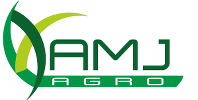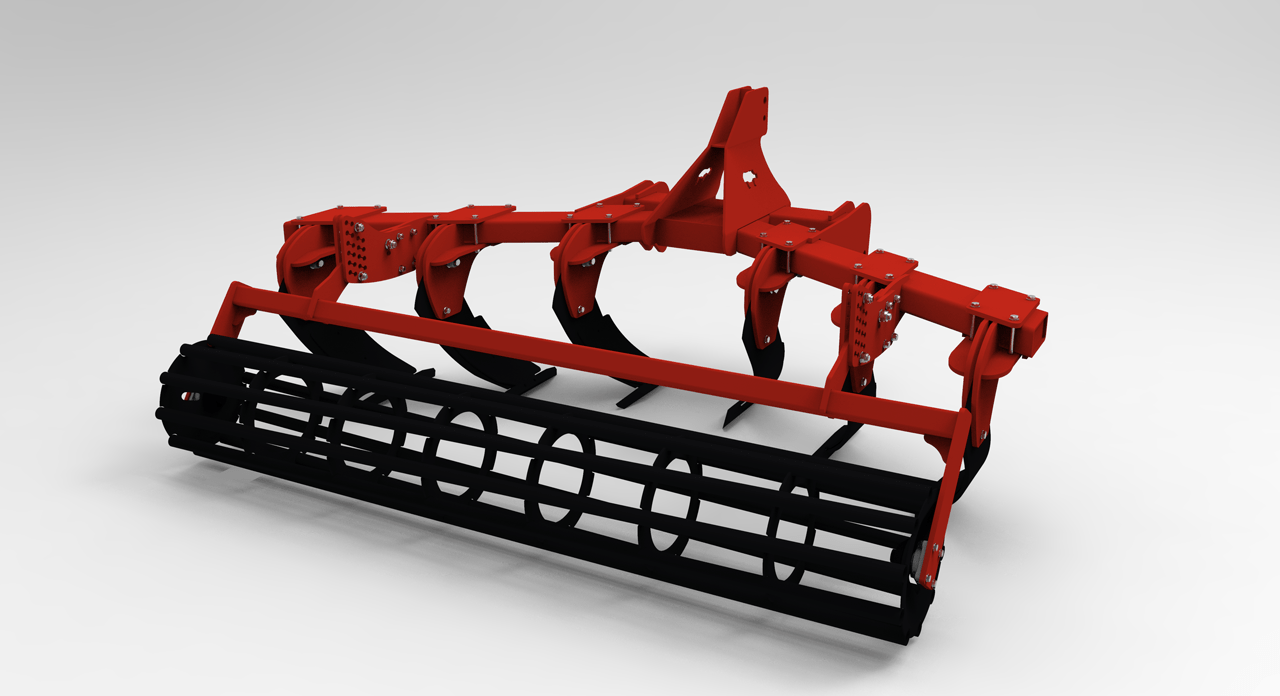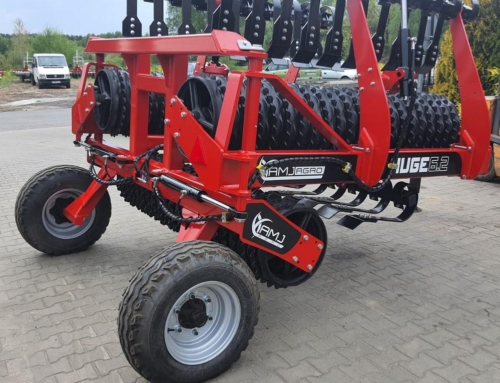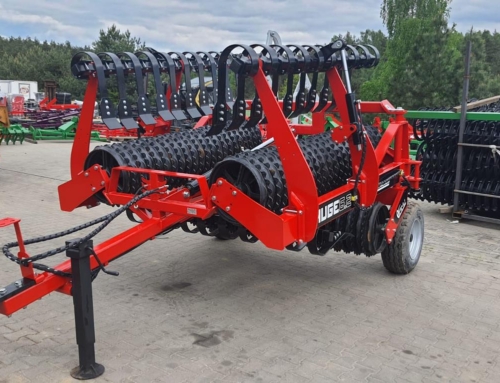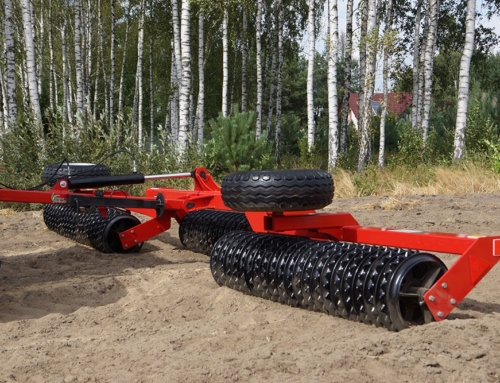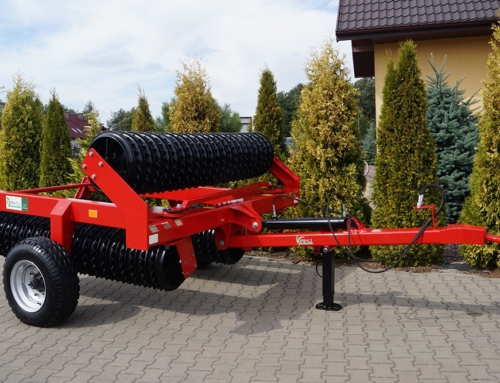Most agricultural machines are equipped with standard tubular shafts, playing an important role in soil cultivation. There are many variants available on the market cultivation rollers, which can be freely selected depending on soil conditions and the effects of their action. Read the article below to find out how to choose cultivation roller to the selected agricultural machine.
- Available types of rollers for tillage machines
- What type of roller should I choose for the appropriate tillage machine?
Available types of rollers for tillage machines
Nowadays, almost every advanced agricultural machine is equipped with cultivation roller, and in any agricultural store you can choose the appropriate shaft configuration before purchasing the device. Its type is selected depending on the soil or the effects we expect to achieve in the field. That is why we have prepared for you a list of the most popular types of rollers that can be used for work on farms.
- tubular shaft – it is a standard tillage roller that is included in the set of many agricultural machines. Its task is to determine the working depth of the machine, break up the soil, compact and season the soil. The tubular model is perfect for cultivating light soil with little stone content. It also performs exceptionally in dry conditions. Its great advantage is its low weight, thanks to which the tubular roller can work with smaller agricultural machines that would not be able to work with large and heavy equipment,
- string roller – this is one of the types of shafts that is suitable for operation in difficult conditions. Its main task is to break up clods of earth using thick-walled, serrated flat bars 10 mm thick. Thanks to this, it is able to compact the soil well and level its surface. The string roller resembles a tubular roller in structure and belongs to light equipment,
- Crosskill shaft – this is a popular type of device that has unique rings with protrusions. The Crosskill roller is mainly designed to work with heavy soils (with a lumpy structure). Thanks to its large mass, it crushes even the largest lumps and effectively compacts the soil. Its structure is characterized by the fact that it is resistant to clogging and prevents crusting of the earth's surface,
- Packer heavy roller – it is a high-mass steel roller for compaction, leveling and creating an appropriate texture that will enable better pulling and stretching of the soil. In addition to these tasks, it is also useful in breaking up clods and stones. The Packer roller is an excellent solution for heavy, stony and wet soils. Its disadvantage is that it is not suitable for light soils,
- roof roller – it is a device that is ideal for cultivation and sowing. It is heavier than a tubular roller, so it compacts the soil well, levels the soil and breaks up clods, but it requires a more powerful machine. The roof roller helps determine the working depth of the agricultural machine and season the soil. It is composed of rings that are recommended for use on rolls prone to caking. Its main advantage is that it has a positive effect on water seepage in the ground,
- T-bar shaft – it is made of T-sections forming rings. It helps in the following activities in the field: cultivation, sowing, deep soil compaction, leveling the surface and breaking up clods of earth.
What type of roller should I choose for the appropriate tillage machine?
If your farm has light, stony-free soil, it is worth choosing the most universal one tubular shaft. However, if conditions are difficult on your farm, you should consider ring rollers such as Crosskill embankment or Packer. It is worth noting that one of the agricultural machines that uses ring rollers is cultivation roller HUGE 5.2.
In turn, when it comes to specific activities, such as lifting soil, breaking clods or tilling the soil, you should carefully analyze the above descriptions and choose the type that will best meet your expectations.
